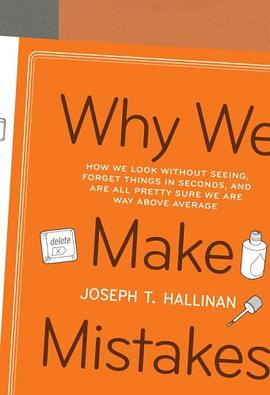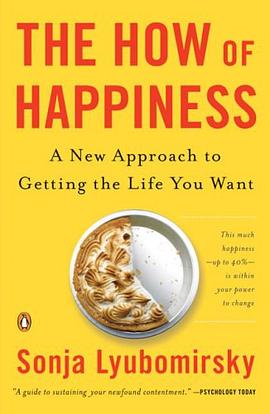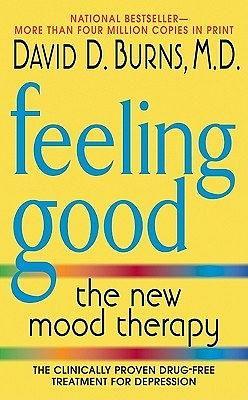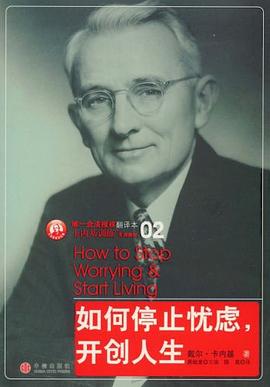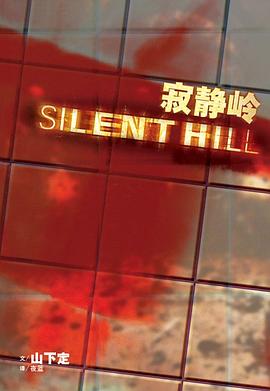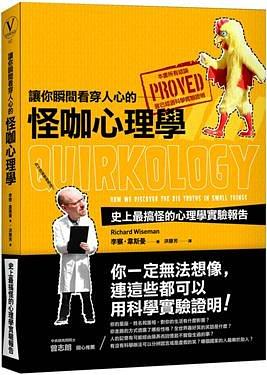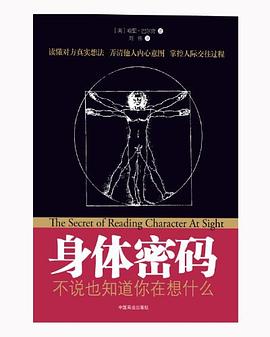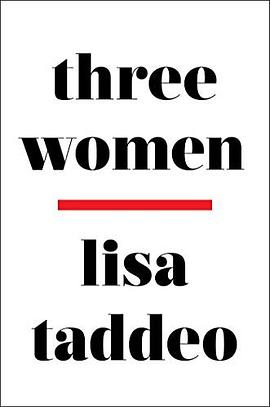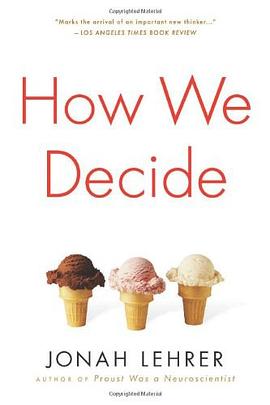

具体描述
Product Description
The first book to use the unexpected discoveries of neuroscience to help us make the best decisions.
Since Plato, philosophers have described the decision-making process as either rational or emotional: we carefully deliberate, or we blink and go with our gut. But as scientists break open the mind's black box with the latest tools of neuroscience, they re discovering that this is not how the mind works. Our best decisions are a finely tuned blend of both feeling and reason and the precise mix depends on the situation. When buying a house, for example, it s best to let our unconscious mull over the many variables. But when we re picking a stock, intuition often leads us astray. The trick is to determine when to use the different parts of the brain, and to do this, we need to think harder (and smarter) about how we think.
Jonah Lehrer arms us with the tools we need, drawing on cutting-edge research as well as the real-world experiences of a wide range of deciders from airplane pilots and hedge fund investors to serial killers and poker players.
Lehrer shows how people are taking advantage of the new science to make better television shows, win more football games, and improve military intelligence. His goal is to answer two questions that are of interest to just about anyone, from CEOs to firefighters: How does the human mind make decisions? And how can we make those decisions better?
作者简介
About the Author
Jonah Lehrer is editor at large for Seed magazine and the author of Proust Was a Neuroscientist (2007) and How We Decide (February 2009). A graduate of Columbia University and a Rhodes Scholar, Lehrer has worked in the lab of Nobel Prize winning neuroscientist Eric Kandel and has written for the New Yorker, Wired, Boston Globe, Washington Post, and Nature, and writes a highly regarded blog, The Frontal Cortex. Lehrer also commentates for NPR s Radio Lab.
目录信息
读后感
本书的名字很标题党,封面也很夸张,乍看之下以为又是某本东拼西凑的励志,决策产物,差点走宝!实则是一本运用神经学的角度解释人类的一些心理现象,重新审视人类的“理性与感性”这两大法宝的通俗科普书。 本书既科普了神经学的一些常识,而且对启发个人思考有很大帮助!力荐...
评分 评分思维导图: http://www.douban.com/photos/photo/1495156166/ 下载:http://dl.dbank.com/c0y34uwhza 首先讲下这本书的翻译。这本书的翻译是由丁丹完成的,我没有读过原著,但可以感觉到这种翻译方式是再创作的翻译方式,读起来十分的流畅。 引言&结语 1、 本书的目的在于回...
评分 评分首都图书馆要举办图书交换大集,打算把这本书换出去,于是匆匆在地铁上看完。 感觉这书还是很不错的,值得仔细琢磨。 有几个结论和我生活中的所见所得相关,写下来大家分享。 1 如果你家里吃饭时每道菜的菜量都特别大,明显家人吃不下的时候,你就要考虑是不是炒菜锅太大了...
用户评价
Dopamine原来比我想象中扮演的角色的要牛多了……但凡书有犯罪学家和神经科学家们插一脚,明显有趣多了~
评分:无
评分国外的科普书都是如此的津津有味欲罢不能谁不想做小nerd ?
评分案例太多琐碎,不是为了说明观点,而是纯讲故事了
评分回忆起了太多行为经济学,神经生物学和认知心理学课堂上的感动瞬间了啊,深入浅出,宽径窄沿,是让人爱不释手的科普书,也是让人有思有虑的教科书。
相关图书
本站所有内容均为互联网搜索引擎提供的公开搜索信息,本站不存储任何数据与内容,任何内容与数据均与本站无关,如有需要请联系相关搜索引擎包括但不限于百度,google,bing,sogou 等
© 2025 book.quotespace.org All Rights Reserved. 小美书屋 版权所有

